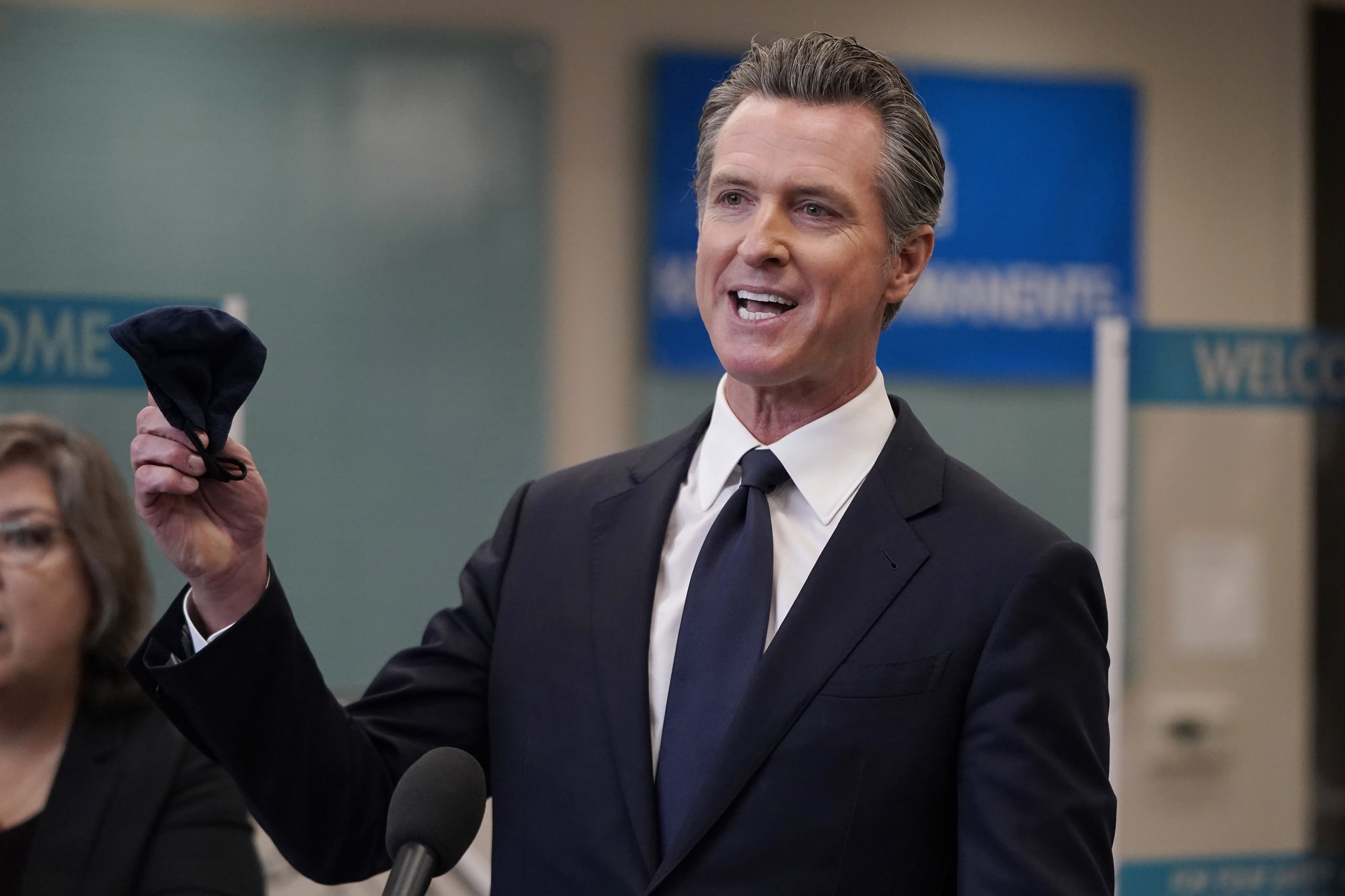What To Know Today
NEW from THE TRACE: Should suicides be considered “gun violence”? Our Ask The Trace series has tended to avoid questions that are overtly political. But for the latest edition, Jennifer Mascia engaged with one such query, because it touches on a fault line in our country’s conversation around guns. Here’s the question, submitted by a reader named Tim: “Why is the U.S. the only country to count suicide by gun as gun violence? Could it be only to inflate the gun violence numbers?” People across the gun debate disagree on the utility of referring to firearm suicides as gun violence — a nuance that Jennifer explores in the piece — but it’s not true that the U.S. is the only country to do so, she finds. According to the Centers for Disease Control and Prevention, there were 39,707 gun deaths in the United States in 2019, the most recent year data is available. Sixty percent — or about two out of three — were suicides. While our country has the highest gun suicide rate of any country on earth, the gun homicide rate ranks about 30th.
What do you want to know about guns or gun violence? Ask The Trace is a project driven by the curiosity of readers like you. You can read all the articles in the series, and submit your own questions here. [If you are having thoughts of suicide, help is available 24 hours a day: Call the National Suicide Prevention Lifeline at 1-800-273-8255 or text 741741 to reach the Crisis Text Line.]
Will California use Texas’s controversial abortion law as model for gun regulation? Over the weekend, Governor Gavin Newsom called on state lawmakers to craft a new law allowing private citizens to sue manufacturers, distributors, or sellers of assault weapons and ghost gun kits. The idea is modeled after a recent Texas law that restricts abortion in the state but outsources legal enforcement to private citizens in an attempt to evade legal challenges. In June, a federal court overturned California’s decades-old assault weapons ban, though the Ninth Circuit Court of Appeals then blocked that decision, restoring the ban indefinitely while legal challenges play out.
Judge has tough questions for New York AG’s office over NRA dissolution suit. During a Friday hearing, New York State Supreme Court Justice Joel Cohen pressed a lawyer for Letitia James about why the NRA should be shut down entirely if executives accused of financial impropriety could be removed instead. The New York AG’s office said that NRA leaders had had plenty of opportunities to reform the organization, but had failed to do so. At the same time, Cohen also appeared skeptical of arguments made by NRA lawyers, including that New York’s claims should be dismissed since they were already addressed by a federal judge overseeing the NRA’s failed Texas bankruptcy. Cohen also pushed back on the relevance of the gun group’s argument that the AG’s case is politically motivated, suggesting that the veracity of New York’s legal case is what matters. Cohen ended the hearing without issuing a ruling.
For the first time, Atlanta has a director of violence reduction. Jacquel Clemons Moore will lead an office created through outgoing Mayor Keisha Lance Bottoms’s $70 million public safety plan announced in July. The office is tasked with coordinating non-law enforcement violence prevention efforts. “Combating violence is a deeply personal issue for me, as it is for so many people across our great city,” Moore, who previously led a Brooklyn-based violence reduction nonprofit, said in a release. “I look forward to working hand-in-hand with our communities and stakeholders to implement evidence-informed, community driven solutions.” The city will also expand its Cure Violence program, a model currently operating in more than two dozen American cities.
Data Point
$250 million — Illinois Governor J.B. Pritzker’s pledged investment, via state grants, in community-led violence prevention groups. It’s one step closer to reality as of Friday, when Pritzker signed a bill giving the state more flexibility in issuing the grant funding. [Chicago Sun-Times]

